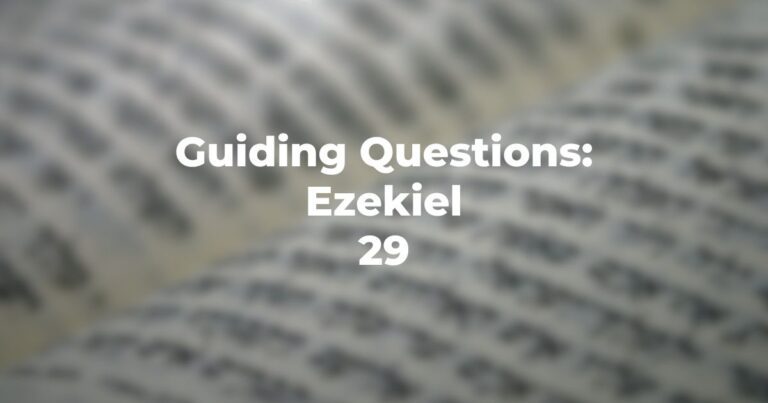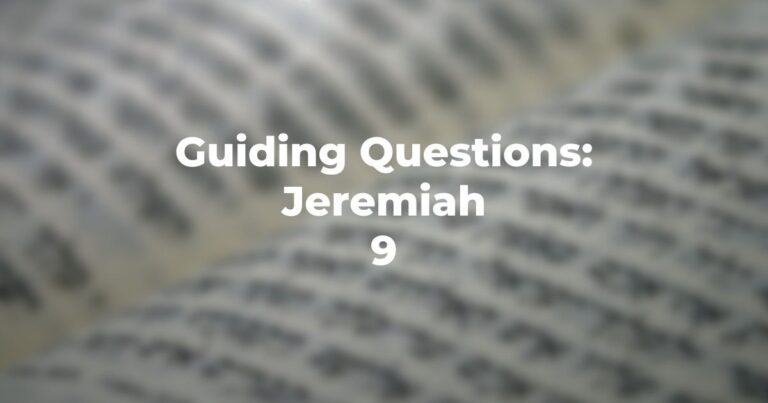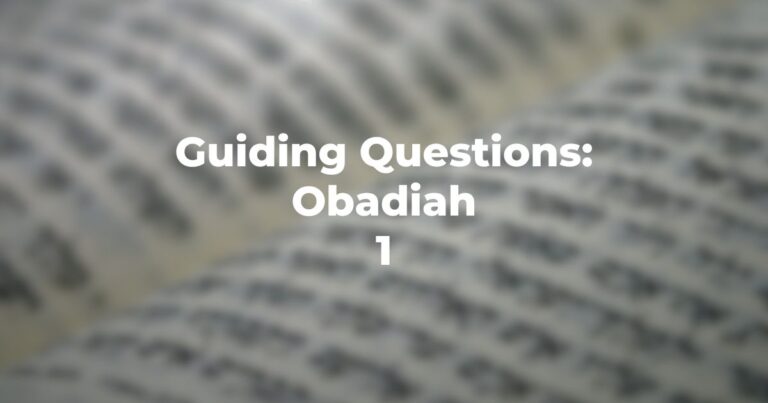- What was “Baal Tz’fon”?
- Why were B’nai Yisrael to encamp precisely opposite Baal Tz’fon?
- Why is there no cautionary not to “worship” Baal Tz’fon?
- Why is Mosheh (seemingly) quite unconcerned about this location (and the possible temptation to emulate idol worship)?
- Is the presence of paganism and idolatry everywhere?
- Do pagan symbols have any “power?”
- Is this particular location a “test” for the Israelites?
- Based upon Exodus 14:5-14, does tyranny ever learn a lesson from past defeats?
- What does the text indicate as to slave mentality, its volatility and insecurity?
- Having gone through remarkable experiences in Egypt, does text indicate that danger erases the most vivid memory of protection, even if immediate?
- And does the text indicate that the majority, if not moved, will rationalize/accept any and all circumstances of privation over immediate danger?
- What is the point of view of text as to revolutions — are they made, in the last analysis, by the mass or by a dedicated minority?
- And, what is the text’s attitude as to the informed leader; can even he be misled as to what is expected, minimally, of free people?
- Has the expectation of God’s help become a conditioned reflex and, if conditioned, is the point of view of TorahRefers to the first five books of the Hebrew Bible, the Tanakh, also called the Five Books of Moses, Pentateuch or the Hebrew equivalent, Humash. This is also called the Written Torah. The term may also refer to teachings that expound on Jewish tradition. Read more that, once free, the people must become (in major measure) self-reliant?
- Why, in Exodus 14:10, is the word not “zeakah” (va’yizaku) instead of “tzeakah” (va’yitzaku)?”
- What does Exodus 14:11-12 indicate as to “behind the scenes” discussions between Mosheh and B’nai Yisrael while yet in Egypt and not specifically set down in earlier text?
- Do B’nai Yisrael accept the slogan “give me liberty or give me death?”
- How is it that Mosheh does not “argue” with the people?
- Instead, how does he seek to reassure them?
- But, in this reassurance, is he “quoting” what God told him or is his answer “his own idea?”
- What does he ask the people to do – if anything?
- In Exodus 14:13 does the word “hityatzvu” (stand and look) hint at the proper mood for the people?
- In Exodus 14:14 does Mosheh mean “be calm” or “be quiet” — and, of course, what is the difference?
- Where, in all of this, is Aaron?
- Is reliance on miracles the Jewish thing to do?
- Indeed, what is a miracle?
- In the sequence of the “Reed Sea” events, is there is a refrain of poetic justice for the Egyptians?
- How does this text deal with the Jewish attitude towards destruction of enemies?
- Why did the Torah not quote God as saying the very same thing as in Exodus 14:15 when B’nai Yisrael were in Egypt?
- How does the Torah teach Mosheh about what is expected of the people themselves?
- Does Exodus 14:21 describe a miracle? If so — what made it such?
- Is Exodus 14:22 poetry or literalism — or both?
- How do Exodus 14:27-28 bring to mind water and B’nai Yisrael in Egypt? (How did the Egyptians try, in one way, to eliminate B’nai Yisrael or their growth?)
- Were the Egyptians forced into the Reed Sea — or did they go of their own volition?
- Why did the Egyptians pursue B’nai Yisrael?
- How does the Torah remember what happened; who is the doer at the sea?
- Is there any description of joy or satisfaction on the part of B’nai Yisrael when the Egyptians are drowned?
- What does it mean “to believe in God and Moses?”
- If tyranny will not be educated but will be eradicated, and if eradicated is anything expected of the oppressed?
Author
-

Exploring Judaism is the digital home for Conservative/Masorti Judaism, embracing the beauty and complexity of Judaism, and our personal search for meaning, learning, and connecting. Our goal is to create content based on three core framing: Meaning-Making (Why?), Practical Living (How?), and Explainers (What?).
View all posts





